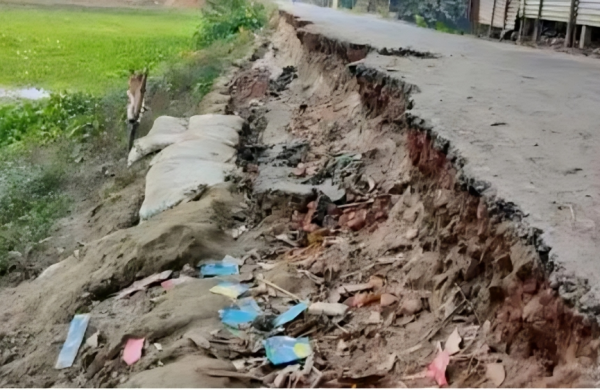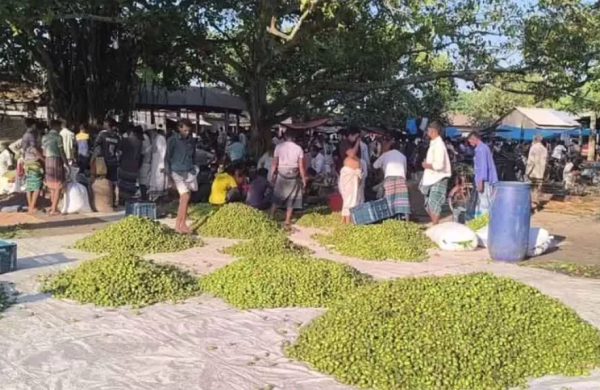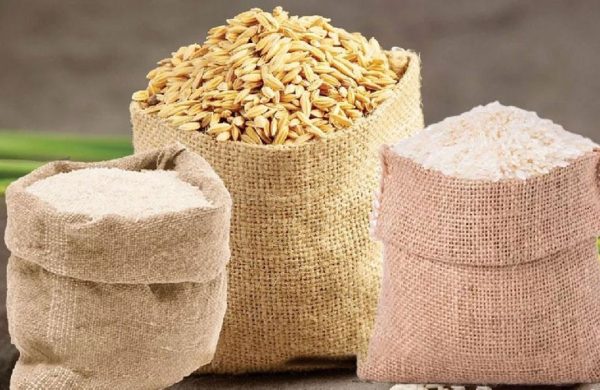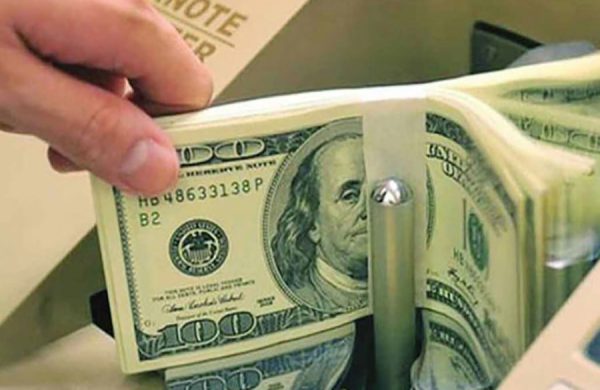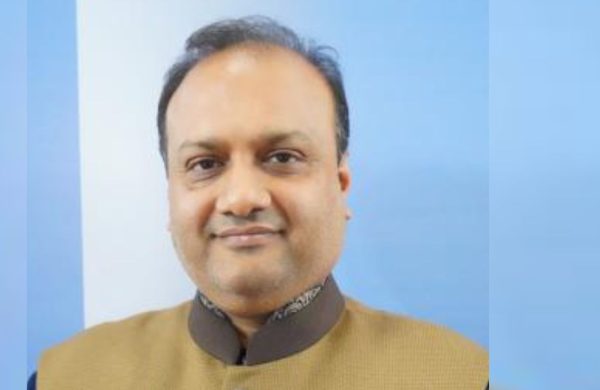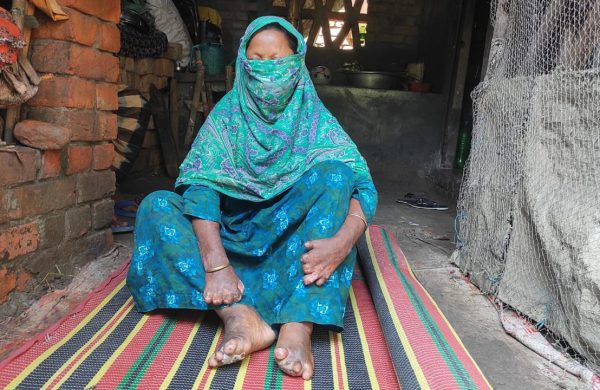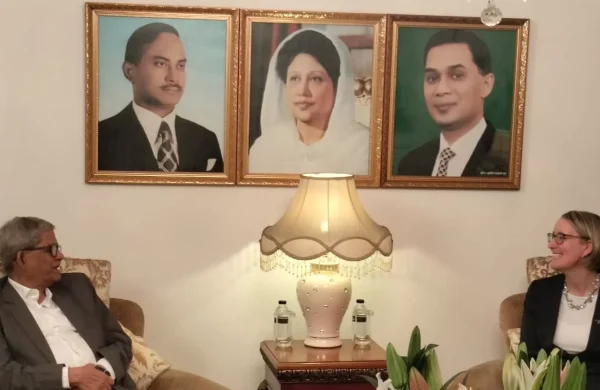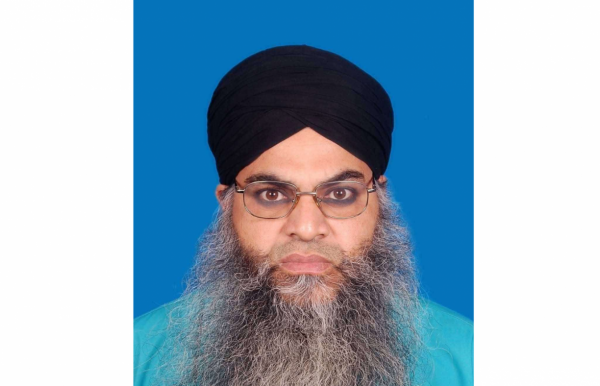Upcoming budget for FY 2021-22: Imposition of specific taxes on tobacco products demanded
- Update Time : Monday, April 12, 2021
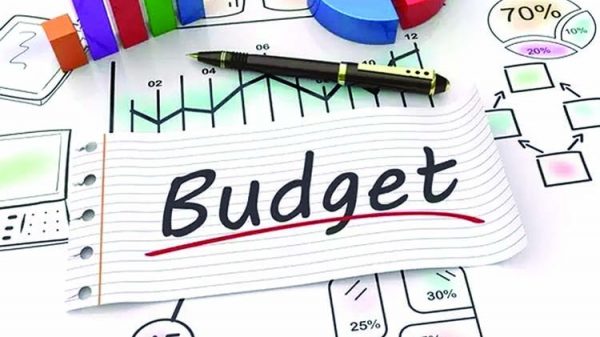
Increasing of tobacco products’ prices and taxes would prevent around 800,000 premature deaths as well as it would help to earn additional money amounting at Tk 3,400 crore as revenues.
Rehennuma Tarannum:
Imposing of specific taxes and increasing of prices on all the tobacco products have now turned into a demand of time just before the formulation of national budget for the Fiscal Year 2021-22.
Increasing of tobacco products’ prices and taxes would prevent around 800,000 premature deaths as well as it would help to earn additional money amounting at Tk 3,400 crore as revenues.
According to Global Adult Tobacco Survey (GATS) 2017, around 37.8 million adults (15 years old and above) in Bangladesh use both the smoke and smokeless tobacco and 38.4 million become victims of passive smoking at workplaces, public transports and other public locations. In this circumstance, tobacco is basically responsible for around 126,000 deaths a year in Bangladesh. One third of the adult citizens of country are addicted to tobacco. Around 1.61 lakh people die every year due to infectious diseases caused by tobacco.
In FY 2017-18 alone, tobacco incurred a financial loss including medical costs and loss of productivity more than Tk 30,560 crore. Bangladesh is far behind in the case of imposing tax on tobacco.
If tobacco prices and taxes are increased, it will work as safeguard for public health. In the same time, it will discourage the youths from developing habit of tobacco use.
Prominent economist Dr. Kazi Khaliquzzaman Ahmed, Convener of the National Anti-Tobacco Forum said, “If the taxes and prices of tobacco products especially cigarettes, bidis, Zarda and Gul are increased, the use of those goods may be reduced that will help to save the public lives. Comparing to other countries of the world, Bangladesh is still lagging behind in this context. So, this is the high time to take necessary steps in this regard.”
Ahmed Swapan Mahmud, Executive Director of VOICES, a research and advocacy organization for tobacco control told The Future Bangladesh that, “The tobacco companies pay two types of taxes to the government in three manners. The first is from the company’s own income, which is considered as Direct Tax. The second is Customs Duty, which is Indirect Tax and the last is VAT and Supplementary Duties, which is also considered as Indirect Tax.”
He explained that the tobacco companies imposed customs duty as an indirect tax, which is realized from the consumers.
Referring to the annual report of British American Tobacco or BATB, he said, BATB paid Tk 22,630 crore to the government treasury. Of them, the amount of Direct Tax (Income Tax) was only Tk 1,082 crore.
“The demand of the tobacco companies to pay huge amount of revenue to the government is not completely right. This tax is not being paid by the tobacco companies, but also by the people. People are being forced to pay the money against the harmful products. In addition, they are being affected with different diseases including heart attack or stroke,” he added.
In the recent years, it was noticed that the use of tobacco especially cigarette has not reduced as per expectation. Owing to the extremely low tax base and tax rates, all types of tobacco products including cigarettes and bidis as well as smokeless items Zarda and Gul have remained highly affordable. The existing tobacco taxation structure is highly complex and incapable for doing enough to discourage the users. Consequently, the current tobacco taxation structure could not fall a positive impact on achieving the goal to make the country free from tobacco by 2040 pledged by the Prime Minister Sheikh Hasina.
Although the policy score was improved slightly in 2018 compared to 2014, there is not much progress in Bangladesh in terms of cigarette price and tax structure.
The reason behind it was shown to be the multi-layered advalerm method due to which the base price of cigarettes is much lower. Due to the low base price, the overall price of cigarettes is within the purchasing capacity. But, if the tax on tobacco products increases, the use of tobacco among low income people and youths will come to reduce.
Although, there was a slight increase in the prices of low-level cigarettes, bidis and smokeless tobacco products in the FY 2020-21, it was proposed to increase the supplementary duty very little. This short increase may not actually play a significant role in reducing tobacco use.
During the Corona epidemic, WHO termed the smoking as highly risky for Public Health.
Experts also advise to stay away from smoking and tobacco products. In this situation, many people are demanding to impose a specific tax and increase the prices of tobacco products.
Meanwhile, some anti-tobacco organizations including Voices for Interactive Choice and Empowerment (VOICE) and PROGGA have jointly placed budget proposals to the authorities concerned of the government demanding to increase the taxes and prices of all tobacco goods. They also drew special attention of the NBR in this regard.
Some portions of the proposals have mentioned below: (1) Impose uniform tax rates in all cigarette tiers (65 percent supplementary duty on final retail price) and introduce specific excise tax.
In the low-tier, the retail price should be set at 50 for 10 sticks, followed by Tk 32.50 as specific supplementary duty (SD).
In the medium-tier, set the retail price at Tk 70 for 10 sticks and Tk 45.50 should be imposed as specific supplementary duty (SD).
In the high-tier, the retail price should be set at 110 for 10 sticks, followed by Tk 71.50 as specific supplementary duty (SD).
In the premium-tier, set the retail price at Tk 140 for 10 sticks and Tk 91 should be imposed as specific supplementary duty (SD).
(2) Impose uniform tax rates in filtered and non-filtered bidis (45 percent supplementary duty on final retail price) and introduce specific excise tax.
In non-filtered bidis, set the retail price at Tk 25 for 25 sticks and add BDT 11.25 as specific supplementary duty (SD).
In filtered bidis, set the retail price at Tk 20 for 20 sticks and add Tk 9.00 as specific supplementary duty (SD).
(3) Increase price and tax on Zarda and Gul and introduce specific excise tax.
The price per 10-gram Zarda should be Tk 45 and impose Tk 27.00 as specific supplementary duty (SD) (60 percent of retail price).
The price per 10-gram Gul should be Tk 25 and impose Tk 15.00 as specific supplementary duty (SD) (60 percent of retail price).
(4) Retain the existing 15 percent Value Added Tax (VAT) and 1 percent Heath Development Surcharge on all tobacco products.
Implementation of the above-mentioned proposals for tax and price hike of tobacco products will encourage 1.1 million people to quit smoking, prevent 800,000 deaths in the long-term and earn Tk 3400 crore as additional revenue for the government.
Sarkar Shams bin Sharif, Communications Officer of Campaign for Tobacco Free Kids Bangladesh said, “The use of tobacco goods would be reduced, if the existing tax system is reformed as per the recommendations placed with the proposals for next budget of the FY 2021-22. It will help to save the lives and increase revenue earning.


